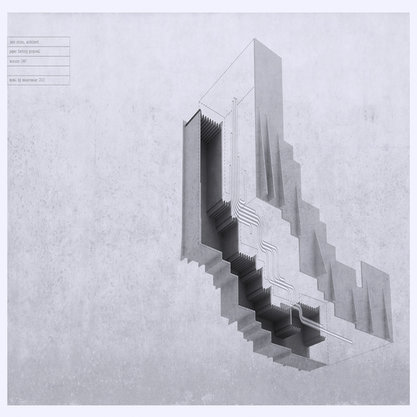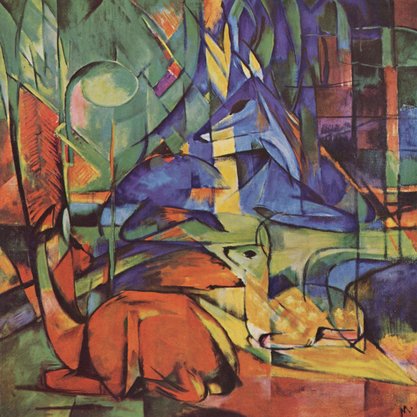Article
Shawa, Laila (1940–) By Sherwell, Tina
Article
Laila Shawa was born in Gaza in 1940. Between 1957 and 1958, she travelled to Cairo to study art at the Leonardo da Vinci Art Institute. She then pursued her studies in Fine Arts in Rome at the Accademia San Giacomo, University of Rome, receiving her BA in 1960. In her summers, she would travel to participate in the School of Seeing, studying under the famous expressionist artist Oscar Kokoschka in Salzburg, Austria. After the 1967 war, she moved to Beirut, which was a cultural hub for many Palestinians, where she lived and worked until 1975. Thereafter she lived between Gaza and the UK until 1988 and then permanently in the UK. Shawa’s work spans different media: painting, photography, printing, sculpture, and video works, offering sociopolitical critiques of her subject matter that predominantly relates to the Palestinian and Middle East contexts over the decades. Her series “Women and the Veil” of the late 1980s explored the contractions inherent in practices of Arab society, particularly, critiquing consumerism and blind faith in doctrines. She critiques these contexts through playfulness and satire, such as in The Impossible Dream (1988), while in her series of paintings The Hands of Fatima she explored the practices of magic in Arab societies. The paintings dissolve perspectival space into a kaleidoscope of colors, patterns, and rituals.



